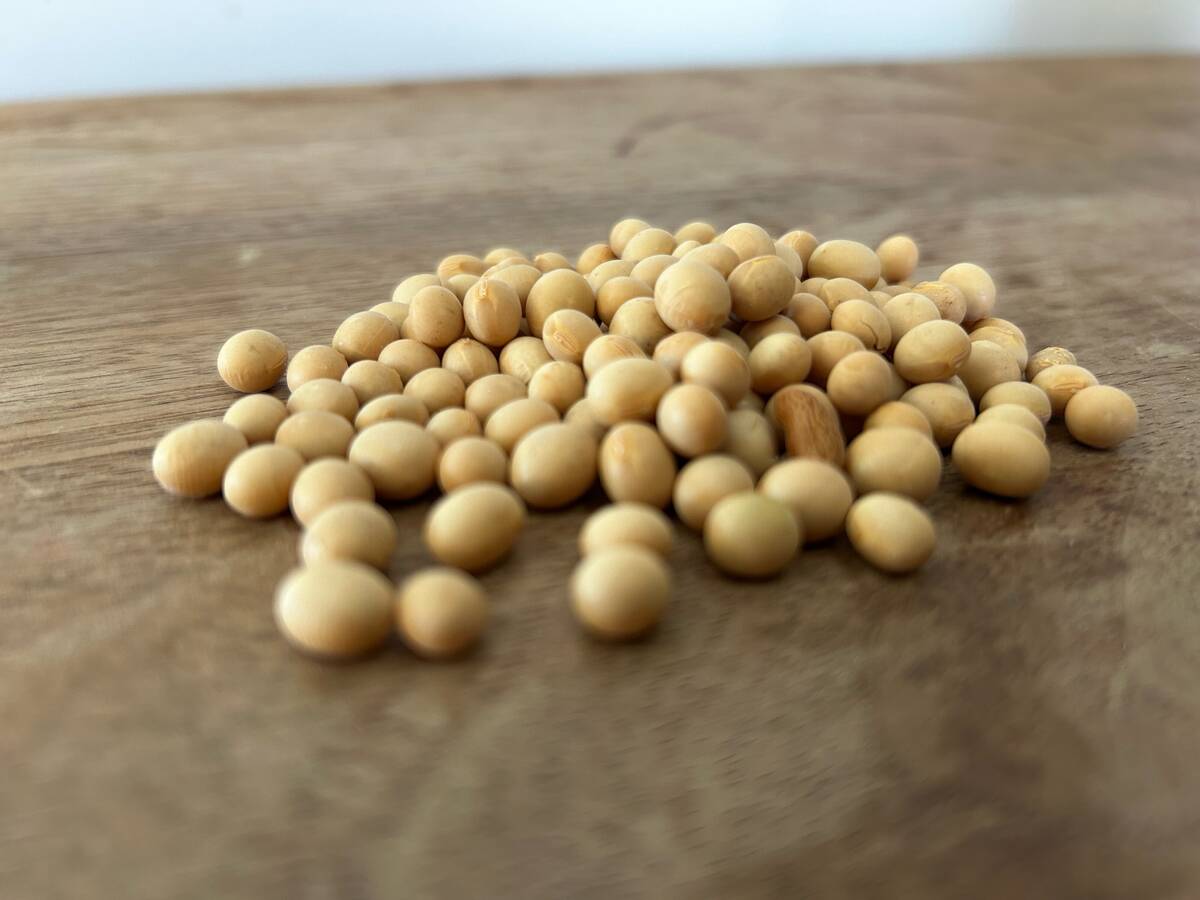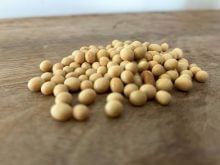Registered nurses and a group of doctors in Ontario are claiming that neonicotinoid seed treatments may cause brain damage in children.
The Canadian Association of Physicians for the Environment and the Registered Nurses’ Association of Ontario (RNAO) want the provincial government to ban neonic insecticides, which are applied as seed coatings to canola, corn and soybeans in North America.
Doris Grinspun, chief executive officer of RNAO, said the campaign for a ban is necessary because neonic insecticides may be compromising children’s brain development.
“Neonic pesticides are absorbed and incorporated into every part of the plant, to the leaf to the stem to the fruit to the pollen to the nectar. So when kids eat that … obviously the cumulative effect undoubtably also affects them,” she said in an interview. “It is not surprising that we should be concerned about the potential adverse effects for human brain development and the cumulative effect of those (insecticides).”
Read Also

U.S. grains: soybeans firm ahead of USDA data
Chicago soybeans ticked up slightly on Wednesday as traders adjusted positions ahead of the release of official U.S. data on global supply and demand on Friday, the first update in weeks, but prices were capped by a lack of large Chinese purchases.
The RNAO and Canadian Physicians for the Environment have teamed up with the David Suzuki Foundation and Ontario Nature to purchase ads on Toronto’s subway system. The ads show a sad boy looking at a dead bee and the caption reads: “Doctors and Nurses say neonic pesticides hurt our bees and us.”
Grinspun said there is no scientific proof that neonicotinoids cause brain damage, but nurses, doctors and society can’t wait for definitive evidence.
“We are saying you cannot wait until there is conclusive evidence that they actually cause complete damage of the brains of our children,” she said.
“Until there is no proof that it doesn’t (cause) damage … then we are saying hold it. We are asking at a minimum to start with a moratorium.”
Barry Senft, Grain Farmers of Ontario chief executive officer, said it’s reckless and alarmist for medical professionals to suggest that insecticidal seed treatments put children at risk.
“I think it’s irresponsible of somebody in that profession to be talking like that.”















